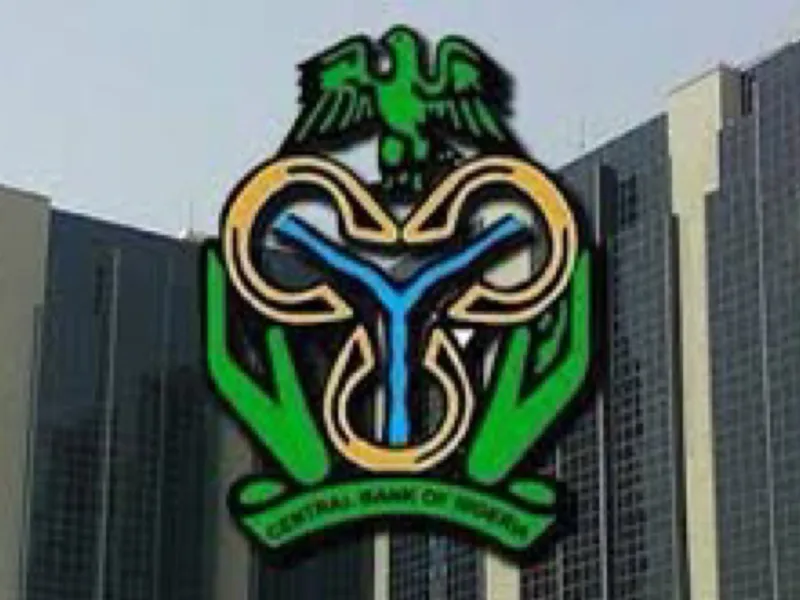Central Bank of Nigeria (CBN) Implements New Guidelines for Bureau de Change Operators
In a recent update, the Central Bank of Nigeria (CBN) has released new rules allowing Bureau de Change (BDC) operators to acquire up to $25,000 weekly from Authorised Dealer Banks (ADBs) to address the demand for eligible invisible transactions in the retail market. This directive, outlined in a circular issued on February 5, 2025, by Dr. W. J. Kanya, the Acting Director of the Trade and Exchange Department, aims to increase transparency and prevent potential misuse of foreign exchange.
Single Dealer Restriction for BDCs
The new regulations stipulate that BDCs must procure their allocated foreign exchange from only one authorised dealer bank each week. This limitation is intended to curb speculative practices and enhance regulatory oversight. Any BDC that breaches this rule could face serious penalties from the CBN.
Authorized dealers are required to sell foreign exchange to BDCs at the prevailing rates established in the Nigerian Foreign Exchange Market (NFEM) to maintain consistent pricing.
Capped Margins for End-Users
To protect consumers, the CBN has set a 1% cap on the margins that BDCs can charge end-users above their purchase price. This cap applies universally to all foreign exchange sold by BDCs, regardless of the source, ensuring consumers are not subjected to excessive fees.
Mandatory Reporting Protocols
To boost market transparency, the CBN has instituted mandatory reporting standards for both Authorised Dealer Banks and BDCs. Authorized dealers are to provide weekly reports of their foreign exchange sales to BDCs using a designated Excel format sent to the CBN’s Trade and Exchange Department at [email protected]. Meanwhile, BDCs must submit daily reports regarding forex purchases and sales through the Financial Institutions Forex Reporting System (FIFX). These steps will enable the CBN to monitor forex transactions and prevent illicit activities within the currency market.
Transaction Disbursement Limitations
Furthermore, the new guidelines specify that BDCs can only disburse purchased foreign exchange for certain transactions, capped at $5,000 per transaction on a quarterly basis. Eligible transactions include Business Travel Allowance (BTA), Personal Travel Allowance (PTA), overseas school fees, and overseas medical expenses.
Enhanced Anti-Money Laundering Protocols
The circular underscores the CBN’s commitment to combat financial crimes, directing BDCs to maintain comprehensive records for all transactions. This includes capturing the Bank Verification Number (BVN) of end-users and documenting the disbursed amount in the beneficiary’s international passport. The CBN has reiterated the necessity for all operators to adhere strictly to Anti-Money Laundering (AML) regulations and Know Your Customer (KYC) policies to deter fraud and other illicit financial activities.
Consequences for Non-Compliance
The apex bank has warned that any Authorised Dealer Bank or BDC that defies these guidelines, including any form of forex diversion, will face stringent penalties, which could include a suspension of their dealership license.
The CBN’s decision to grant BDCs access to foreign exchange purchases from authorized dealers is part of its larger strategy to enhance liquidity in the forex market and fulfill legitimate retail demands. These measures are part of ongoing efforts to stabilize the naira and prevent speculative trading.
Upcoming Deadline Extension
In related news, Nairametrics has reported that the CBN has extended the deadline for BDC operators to access the Nigerian Foreign Exchange Market (NFEM) for weekly forex purchases. The previous deadline of January 31, 2025, has been extended to May 30, 2025, allowing BDC operators continued access to foreign exchange. This extension aims to stabilize the parallel market and enhance liquidity, reinforcing the CBN’s commitment to manage forex supply while maintaining robust regulatory oversight.










Join our Channel...